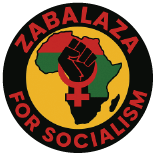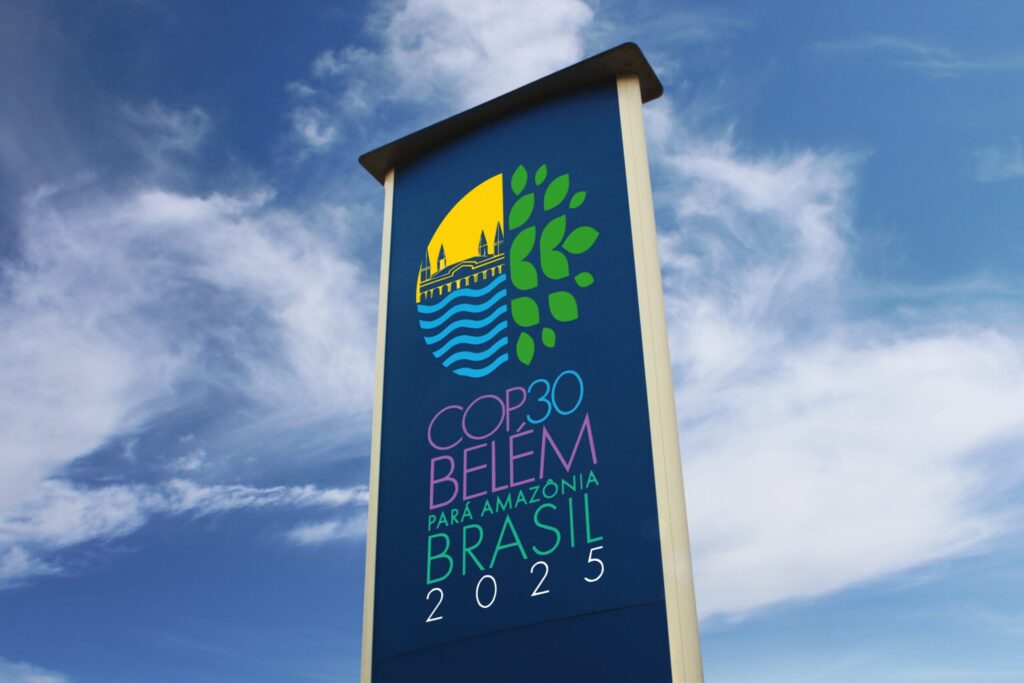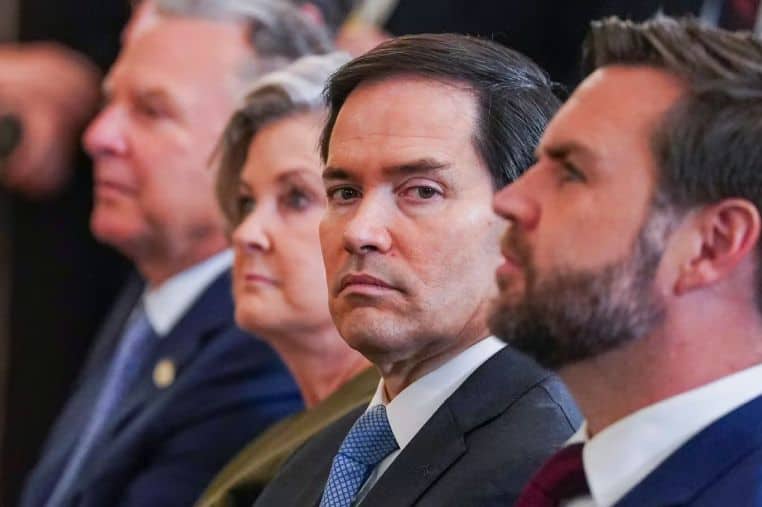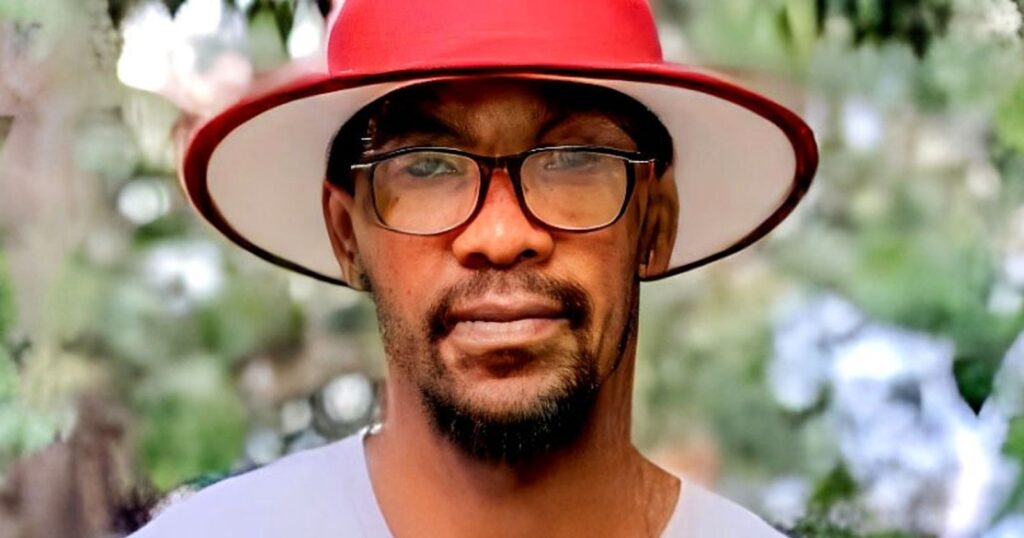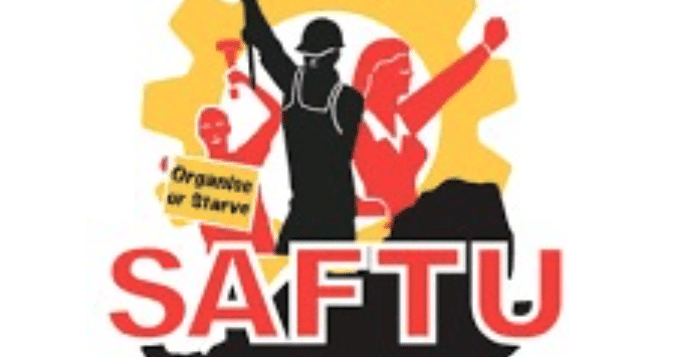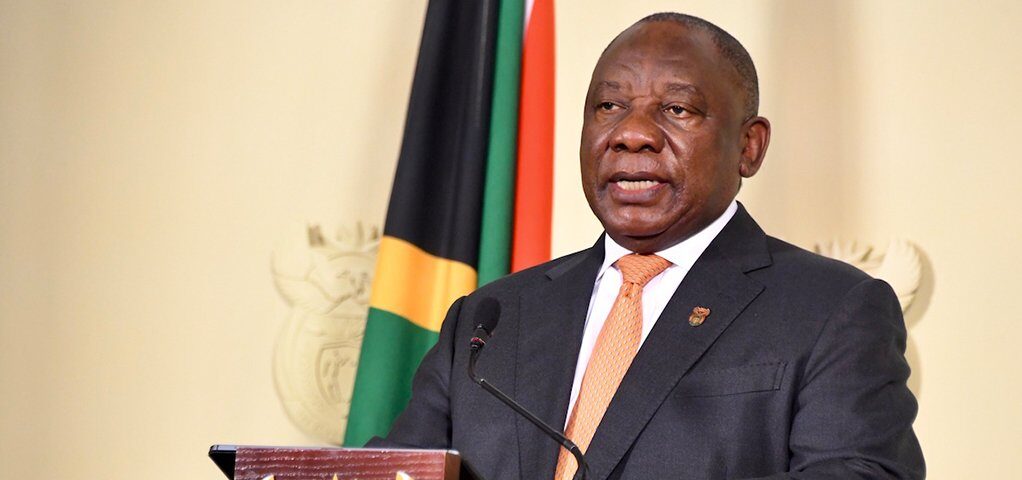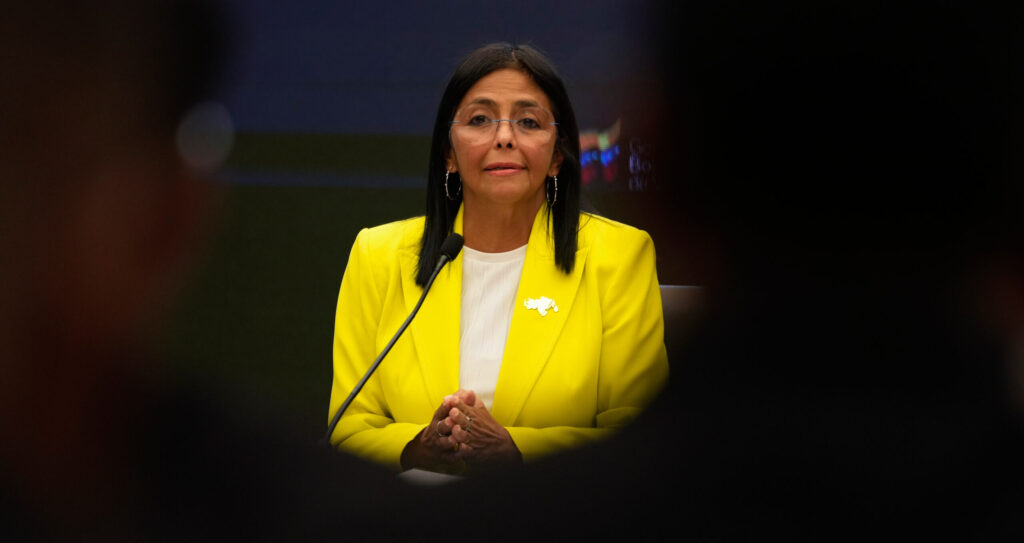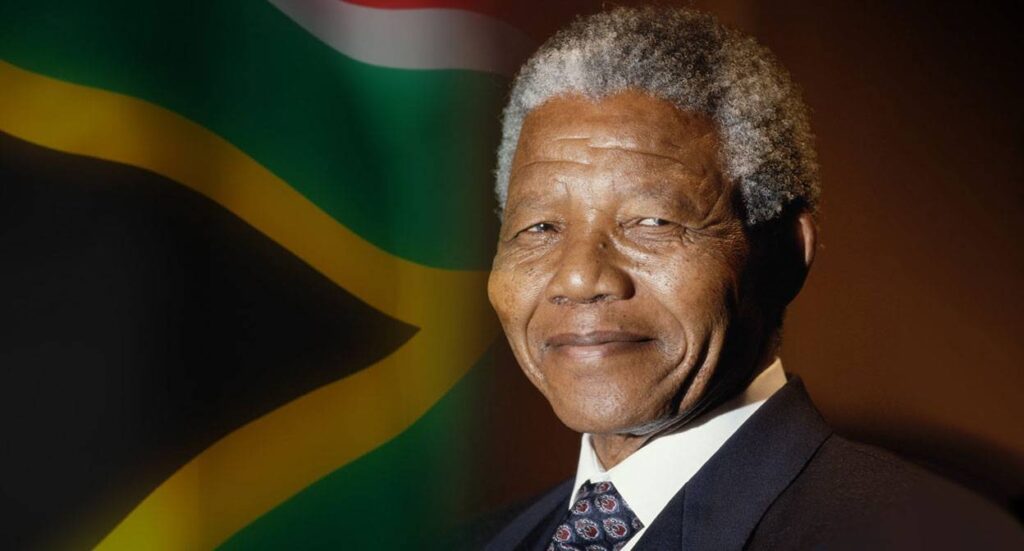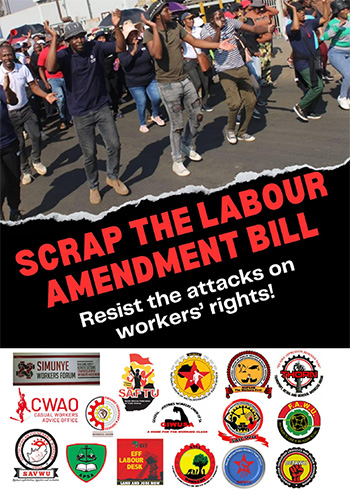Resisting Green Structural Adjustment and Neoliberal Climate Policy in South Africa
Capitalism Cannot Solve the Crisis It Created
As COP 30 approaches, one truth is undeniable: capitalism has driven the planet to the edge of ecological collapse. The United Nations Environment Programme warns we are heading toward 2.8°C of warming by the end of the century — a catastrophe that will devastate working-class and rural communities across the Global South.
The Paris Agreement has failed because it is built on the same neoliberal logic that caused the crisis. Instead of confronting fossil capital, corporate power, and global inequality, it entrenched market-based mechanisms — carbon trading, offsets, and voluntary pledges — that commodify the atmosphere and let polluters continue business as usual. These schemes transform the climate emergency into a playground for financial speculation while diverting attention from the need for planned, state-led decarbonisation and redistribution. Emissions rise, temperatures climb, and the poorest pay the price through floods, droughts, and ecological collapse. The failure is not one of ambition — it is the failure of capitalism itself.
For most South Africans — already facing unemployment, hunger, and inequality — the climate crisis is not a distant threat but a daily reality. It exposes the structural violence of capitalism: a system that exploits both nature and human life for profit.
The Climate Struggle Is a Struggle for Life
Outside of a global mass movement rooted in national realities, the necessary steps to confront the climate crisis will not occur. Yet such a movement cannot be built if it fails to address the immediate needs of the working class and the poor. The fight for climate protection and ecological justice must therefore begin with the fight for life itself — for clean water, decent housing, jobs, food, and security against the elements.
If we are to build a mass movement capable of forcing systemic change, we must speak to the basic needs of billions who have been denied the essentials of existence. Right-wing climate denialists exploit this desperation to drive a wedge between ordinary people and climate action, presenting environmentalism as a threat to livelihoods rather than the path to survival. To win the majority, our movement must link ecological transformation with social justice — demanding the redistribution of wealth and power away from the billionaire class, big tech, and ruling elites who plunder the planet for profit.
The obscene concentration of wealth in the hands of a tiny minority is not incidental to the crisis — it is its engine. The same system that extracts surplus from labour also extracts life from the earth. Once the vast resources hoarded by the few are redirected toward meeting human needs, emissions will fall sharply, and genuine sustainability will become possible. This is why it is urgent to end privatisation, austerity, and tax breaks for the rich. The connection between neoliberal policy, rising inequality, and ecological breakdown is no coincidence — it is causation.
South Africa’s Neoliberal Climate Policy: Green Structural Adjustment
Rather than breaking from neoliberalism, the South African government has deepened it through the Just Energy Transition Partnership (JETP) — a new form of green structural adjustment. Sold as “climate finance,” it reproduces the same debt-driven, market-centred logic imposed on the Global South by the IMF, World Bank, and international capital.
Under the JETP, South Africa is being locked into foreign-controlled, debt-laden transition plans that transfer the costs of “green growth” to workers and the poor through tariff hikes, job losses, and cuts to public spending. Instead of democratising Eskom and investing in public renewables, the state is “derisking” private capital — guaranteeing profits for corporations while socialising the risks. The same logic drives the dismantling of public rail, the privatisation of transport, and the creation of “green corridors” for investors.
This is green neoliberalism: the continuation of apartheid-era inequality under a climate-friendly banner. It sacrifices people and planet to preserve profits and appease global finance.
Building a Socialist Path for a Just Transition
Zabalaza for Socialism rejects the corporate capture of the climate agenda. A genuine just transition cannot be built on markets, private profit, or debt dependency. It must rest on public ownership, democratic planning, and popular power — rooted in the struggles of workers and communities.
We call for:
- Democratic public control of energy, through a transformed, worker- and community-accountable Eskom.
- Massive public investment in housing, water, and climate-resilient infrastructure to protect working-class and informal communities.
- Rebuilding public transport — trains, buses, and non-motorised mobility — to cut emissions and costs.
- Food sovereignty, through land redistribution and cooperative, small-scale farming independent of agribusiness.
- South–South cooperation to build shared industrial capacity and technological sovereignty free from Northern domination.
This is not utopian — it is the only realistic response to a crisis born of capitalism’s failure.
From Derisking to People’s Investment
The logic of “derisking” must be overturned. Public investment must serve the people, not private financiers. Every rand spent must expand collective wealth, not subsidise capital accumulation. ZASO calls for:
- Cancellation of illegitimate “just transition” debt.
- An end to austerity and redirection of resources toward housing, health, education, and climate resilience.
- Progressive taxation of wealth and capital flows, and recovery of looted resources through profit-shifting and illicit flows.
- Democratic planning led by workers, communities, and social movements — not consulting firms or investment banks.
The Struggle for Climate Justice Is a Struggle for Socialism
COP 30 cannot be another platform for the greenwashing of capitalism. The same system driving climate chaos fuels poverty, war, and inequality. There can be no ecological transition without class struggle and redistribution of power.
Human survival demands dismantling the political economy of destruction — fossil capital, finance capital, and the military-industrial complex — and building a socialist alternative grounded in solidarity, equality, and ecological balance. The future will not be decided in the negotiating halls of COP 30, but in the struggles of workers, peasants, women, and youth who refuse to pay for a crisis not of their making.
ISSUED BY ZABALAZA FOR SOCIALISM
Dominic Brown +27 81 309 4973
Alex Hotz +27 82 061 9674
Nonhle Mbuthuma +27 73 426 2955
